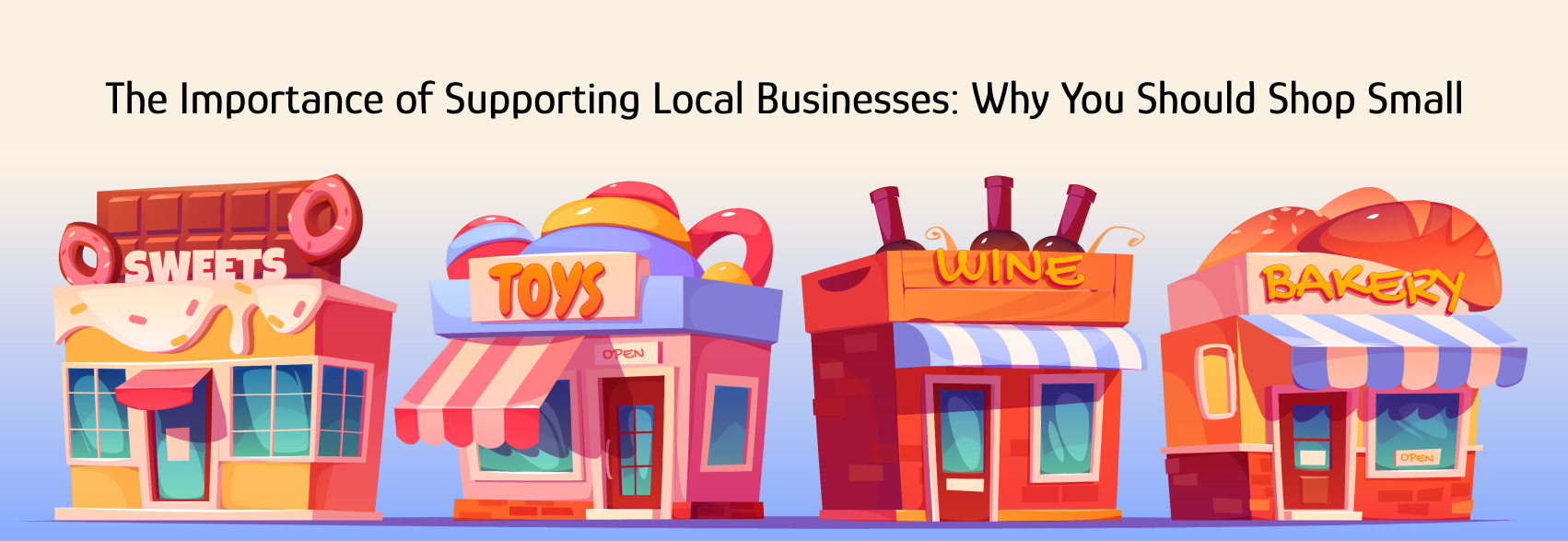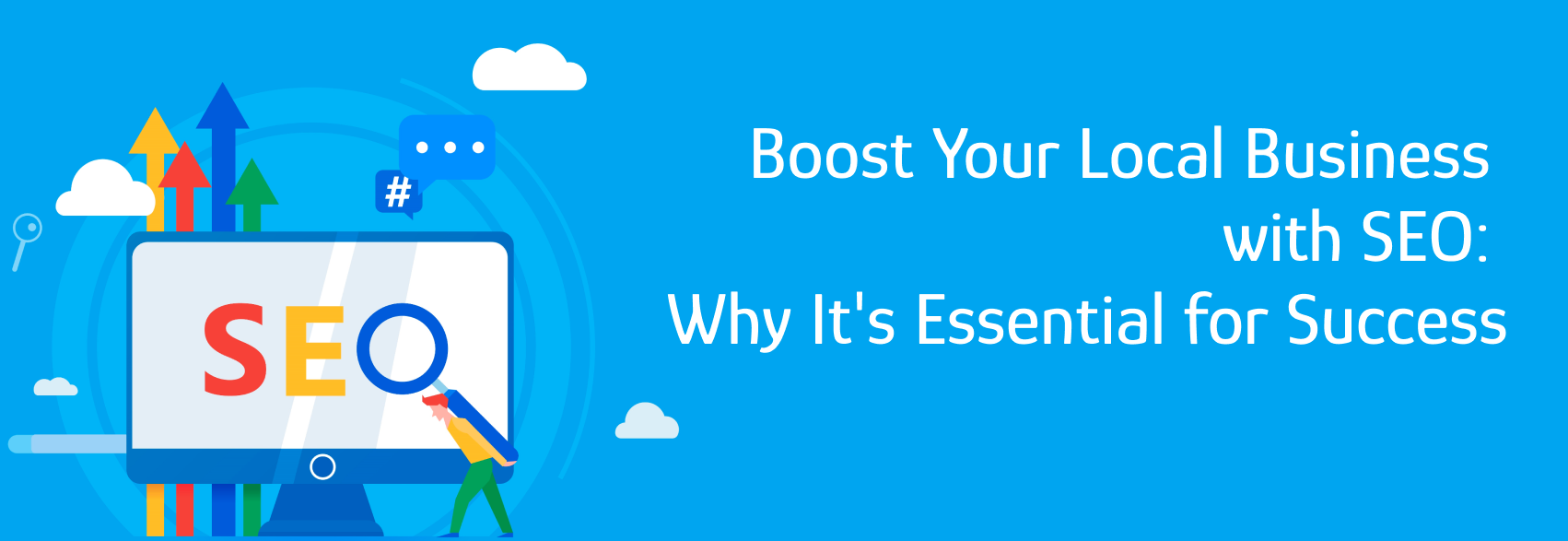
The way we shop is changing. It's no longer about visiting the local mall and shopping for hours on end, but about finding the best deals and products as quickly as possible. The Internet has changed everything, from how we connect with our friends to how we buy groceries. And this is especially true for local businesses like yours, who are looking to save time and money—and attract customers in the digital age.
Consumers are increasingly turning to digital sources for information about goods and services. This shift is driven by several factors, including the fact that digital sources are more accessible and convenient than traditional ones. Consumers also trust these sources more than they do traditional ones. Digital sources allow businesses to collect more data about their customers’ preferences and purchasing habits, which can help companies improve their products or services based on the feedback they receive from consumers.
The Internet is a tool that enables customers to make informed decisions about the products and services they purchase. When you’re looking for a local business, you can use the Internet to do your research. Customers use search engines such as Google, Bing and Yahoo!; local search engines like Yelp or Foursquare; online directories such as locationsnearby.com; and review sites like TripAdvisor or Angie’s List to find businesses in their area.
When it comes to buying a product, people usually rely on the reviews of others. If you're in the market for a new TV, for example, and your friend recommends that you buy from Amazon because they have great deals and an excellent return policy... You might just go ahead and buy from them. Reviews are also helpful for learning about businesses that are unfamiliar to us. A lot of people will look up reviews before choosing where to eat or which store to visit. If a restaurant has great food but terrible service, customers may want to avoid going there again because they don't want their experience ruined by rude employees. Likewise if a store has great prices but poor customer service (or vice versa), reviewers will likely warn others away from making the same mistake they made previously by shopping at this location again!
When it comes to shopping, customers want to know what their options are. They also want to be able to compare prices and locate special deals. In other words, your customers are looking for information.
As a local business owner, you don't have the same resources as big box stores or online retailers. But that doesn't mean you can't compete with them! One of the best ways for small businesses like yours is by leveraging technology so that when customers are ready to buy from you or your competitors online, they see exactly what they need from each one of you before making a decision.
The first thing you should know is that SEO and SMM are both important. Search engine optimization (SEO) is a long-term strategy that can help improve your page ranking in search engines, which will attract more visitors to your website. Social media marketing (SMM), on the other hand, focuses on creating content that engages users and drives them back to your site. This can include anything from sponsored posts to live video broadcasts to contests.
While both of these methods are effective for reaching potential customers online, SMM may be more beneficial for local businesses because it requires less time investment than SEO does. While it's necessary to do some basic keyword research before launching any social media campaigns, once those campaigns begin running there's usually little else a business needs to do aside from monitoring their results and making adjustments as needed in order for them to continue succeeding over time.
You know the mantra: "A brand is not a logo." But it's also true that your branding is more than just what shows up on your website, packaging or signage. It's how all of these things come together to convey an image of who you are and what you offer.
The good news is that you don't have to be perfect from day one—a few tweaks here and there can help your business stand out from competitors in the area. Here are some tips for creating a cohesive brand identity:
A simple and user-friendly website can help local businesses stand out in today's digital world. In fact, having a website that is easy to navigate and find has become increasingly important for all companies, including local businesses. If your company does not have a website, or if you feel like your current site needs an update, here are five things to keep in mind when creating one:
In the digital age, it's important for local businesses to stay competitive and connect with customers. A simple and user-friendly website can help local businesses stand out from the crowd, but it's not enough to just have one. There are a lot of things you can do to improve your online presence and make sure people find their way there. For example:
Make sure your site is easy to navigate so visitors can find what they're looking for quickly; Create informative content that provides useful information about your business or industry; this helps build trust among potential customers by showing them that you care about providing quality products or services
Make sure visitors know who you are—and how they can contact you—by including an "About Us" page with relevant information such as hours of operation, locations, phone numbers and email addresses.
Even more blog post

Understanding the Small Business Landscape of 2024 In 2024, the small business landscape is profound...

Shopping small is one of the best ways to show your support for your local community! Supporting loc...

Introduction If you're in business, you probably know that Google is the most important search engi...

Introduction A small business owner has to be careful about the money that comes in and goes out, o...